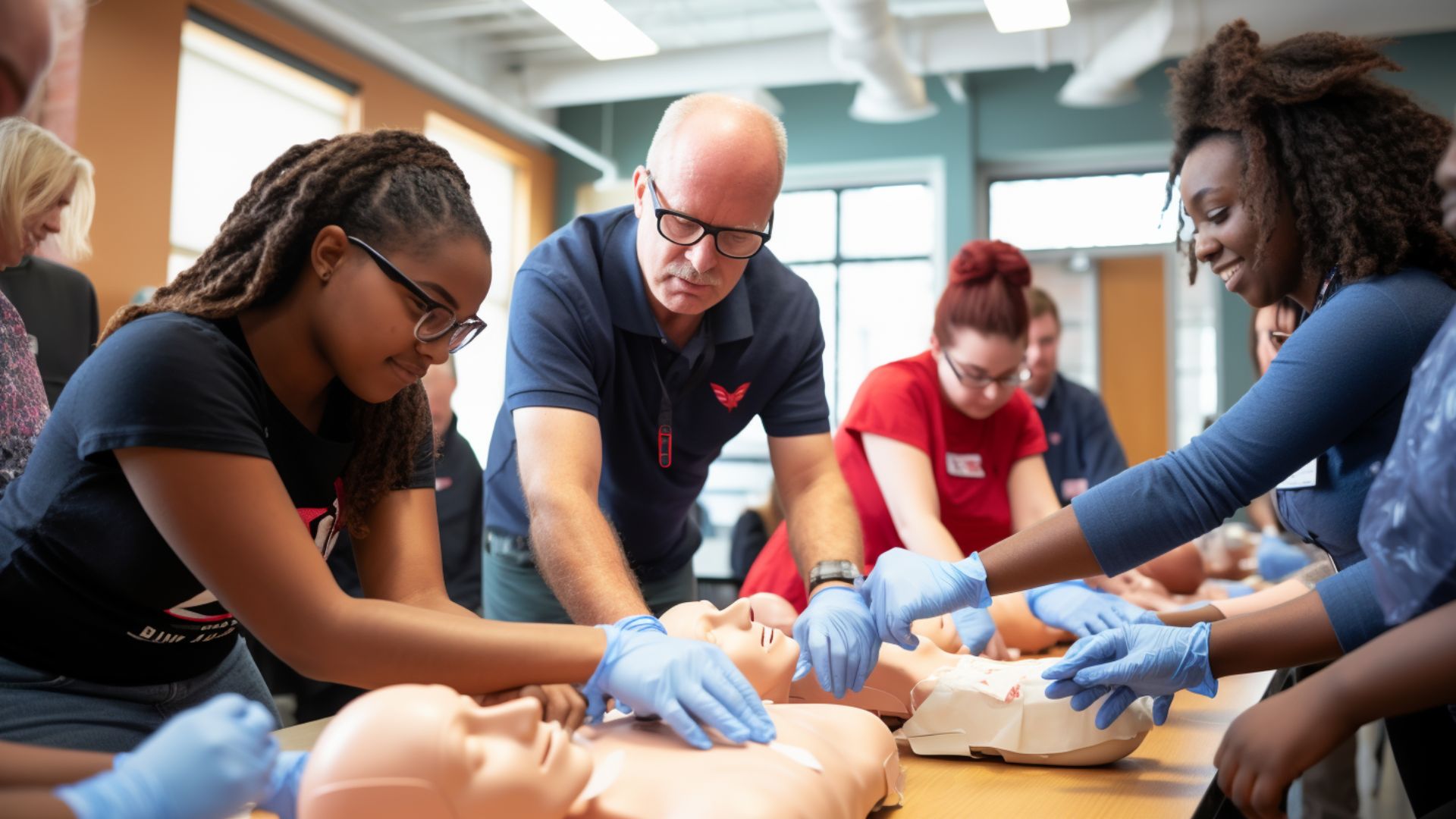
Cardiopulmonary resuscitation (CPR) is a life-saving technique that can significantly increase the chances of survival for someone experiencing a cardiac arrest. Whether you are a medical professional or an ordinary citizen, having the knowledge and skills to perform CPR is essential. However, simply learning CPR once is not enough. Regular training and refresher courses are necessary to ensure that you are well-prepared and capable of responding effectively in an emergency situation. We will explore why regular CPR training is essential and how it can benefit both individuals and communities.
CPR Techniques and Guidelines Evolve
Medical advancements and research are constantly improving our understanding of CPR techniques and guidelines. Staying up-to-date with these developments ensures that you are employing the most effective and evidence-based methods. For instance, changes in compression-to-ventilation ratios, updates in chest compression depth, and the introduction of devices like automated external defibrillators (AEDs) are all important aspects of CPR that may have evolved since your last training. Regular CPR training enables you to learn and practice the latest techniques, allowing you to provide the best possible care to someone in need.
Confidence in Emergency Situations
Emergencies can be overwhelming and stressful, and having confidence in your abilities to handle them can make a significant difference. Regular CPR training helps build confidence by reinforcing your knowledge and skills. When you are confident in your ability to perform CPR correctly, you are more likely to act quickly and decisively during an emergency. This confidence can have a calming effect on the victim and those around you, creating a more positive and efficient response to the situation.
Muscle Memory and Skill Retention
Performing CPR requires a combination of knowledge, technique, and physical skills. Over time, without practice, these skills can diminish. Regular training helps to maintain and enhance muscle memory, ensuring that you can respond swiftly and effectively in a high-pressure situation. By repeating the steps and practicing proper hand placement, chest compressions, and rescue breaths, you reinforce the motor skills necessary for successful CPR. This muscle memory can make all the difference when every second counts.
Increased Preparedness
Emergencies can strike at any time and in any place, and being prepared is key to saving lives. Regular CPR training ensures that you are always prepared to respond appropriately to cardiac emergencies. It equips you with the knowledge of when and how to start CPR, how to perform rescue breaths, and the proper use of AEDs. Additionally, training often includes scenarios and simulations that simulate real-life situations, allowing you to practice your skills in a controlled environment. This realistic training prepares you for the unexpected and increases your ability to adapt and respond effectively.
Spreading Awareness and Saving Lives
Regular CPR training not only benefits you as an individual but also allows you to play an active role in spreading awareness and saving lives within your community. By maintaining your CPR skills, you become a valuable resource during emergencies. You can educate others about the importance of CPR and encourage them to receive training as well. By empowering more people with CPR knowledge, you contribute to creating a community that is better equipped to respond to cardiac emergencies promptly, increasing the overall survival rate.
CPR training and recertification is an essential component of being prepared to respond effectively during cardiac emergencies. It ensures that you are up to date with the latest techniques and guidelines, boosts your confidence, maintains muscle memory, and enhances your overall preparedness. By refreshing your skills through regular training, you become an invaluable asset in your community, spreading awareness, and potentially saving lives. Take the initiative today to prioritize regular CPR training, and equip yourself with the knowledge and skills to make a difference when it matters most